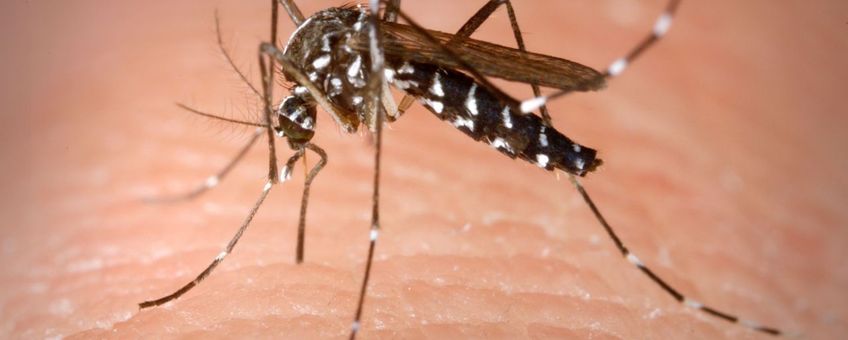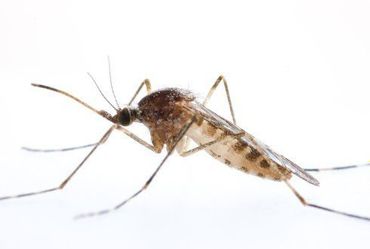
Pioneering UN Backed, Citizen Led Alliance against Mosquito Borne Diseases Joins Global Fight to Save 2.7 Million Lives Every Year
Mosquito radar, Wageningen UniversityThe Global Mosquito Alert brings together thousands of scientists and volunteers from around the world to track and control mosquito borne viruses, including zika, yellow fever, chikungunya, dengue, malaria and the West Nile virus. It is the first global platform dedicated to citizen science techniques to tackle the monitoring of mosquito populations. The programme is expected to move forward as a collaboration involving the European, Australian and American Citizen Science Associations as well as the developing citizen science community in Southeast Asia.
 Agreement to launch the initiative was reached at a two-day workshop that took place in Geneva earlier this month, organized by UN Environment, the Wilson Center’s Science and Technology Innovation Program (STIP), and the European Citizen Science Association (ECSA).
Agreement to launch the initiative was reached at a two-day workshop that took place in Geneva earlier this month, organized by UN Environment, the Wilson Center’s Science and Technology Innovation Program (STIP), and the European Citizen Science Association (ECSA).
Director of Science at UN Environment, Jacqueline McGlade, said, “The Global Mosquito Alert will offer for the first time a shared platform to leverage citizen science for the global surveillance and control of disease-carrying mosquitos. It is a unique infrastructure that is open for all to use and may be augmented with modular components and implemented on a range of scales to meet local and global research and management needs.”
She added, “The programme will offer the benefit of the millions spent in developing existing mosquito monitoring projects to local citizen science groups around the world. Opportunities to keep these citizen-led initiatives at the cutting edge of science will now depend on securing major funding to support the ongoing programme development and its promotion to millions of people world-wide.”
The Global Mosquito Alert will be supported by a consortium of data and information providers, coordinated through Environment Live, the dynamic UN knowledge platform, designed to collect, process and share the world's best environmental science and research. Built and maintained by UN Environment, the platform provides real-time open data access to policy makers and the general public, using distributed networks, cloud computing, big data and improved search functions.
The consortium includes: Mosquito Alert, Spain; MosquitoWEB Portugal; Zanzamapp in Italy; Muggenradar in the Netherlands; the Globe Observer Mosquito Habitat Mapper, USA/International and the Invasive Mosquito Project USA.
The information displayed on Environment Live will allow managers to mitigate risk and reduce health threats while opening up an opportunity for concerned citizens to contribute their mosquito observations and possible solutions. Citizen data will augment information already available from Government public health sources.
The new consortium has agreed to share current approaches to monitor the spread of key mosquito species and their breeding sites, and to measure the nuisance value of the citizen mosquito experience to support health risk management. The group also agreed to pool knowledge and experience on citizen science programmes to monitor mosquito species using the latest DNA identification techniques.
Text: Global Mosquito Alert with contribution of Arnold van Vliet, Sander Koenraadt and Chantal Vogels of Muggenradar.nl, Wageningen University & Research
Photos: European Center for Disease Control (lead photo: tiger mosquito); Hans Smid, Bugsinthepicture.com
